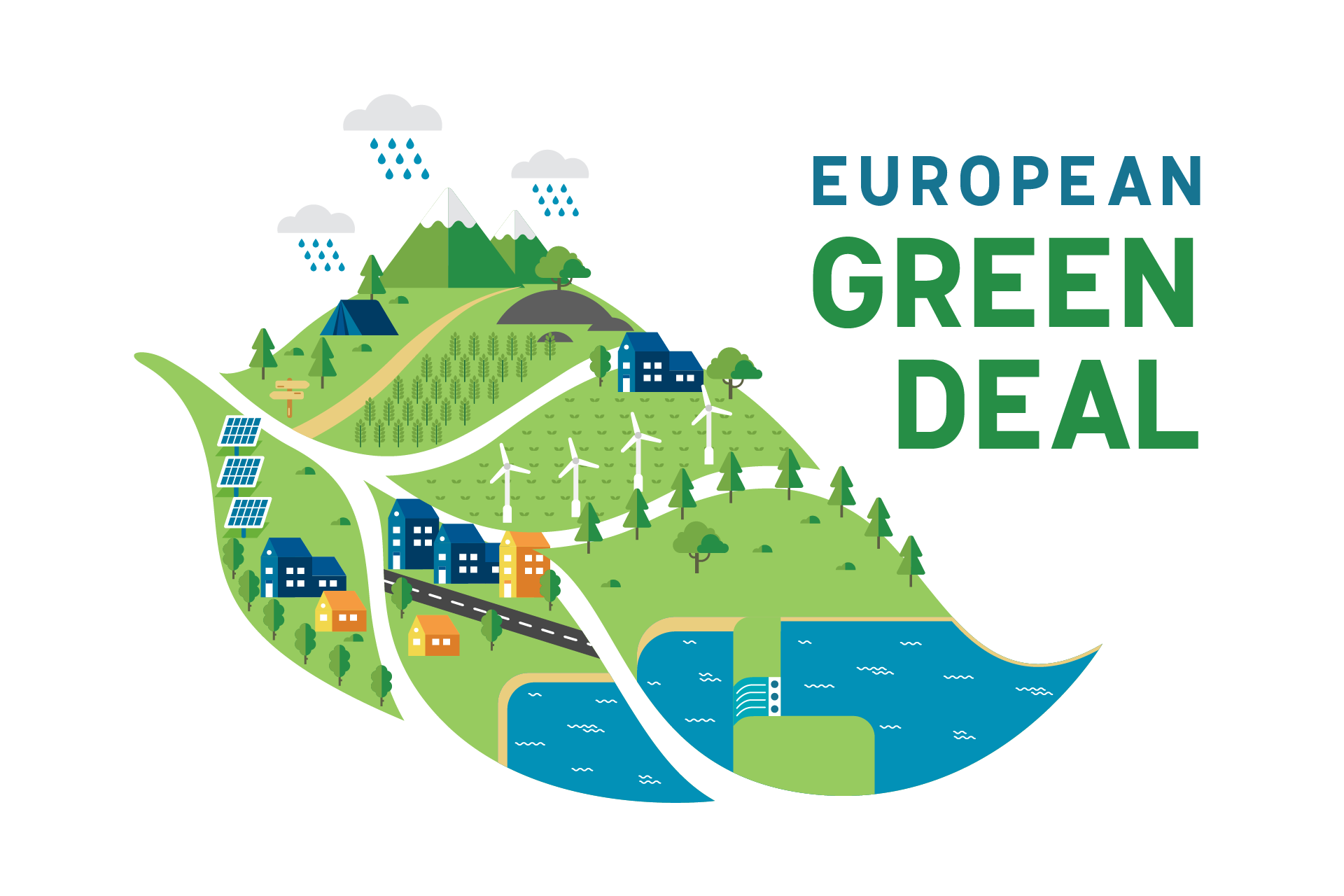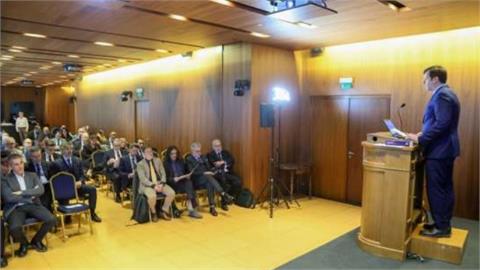Following an invitation by the chairman of Bulgaria's Energy Management Institute (EMI) and IENE partner, Mr. Slavtcho Neykov, the Institute participated in this two day highly topical conference convened by the EMI in Sofia on October 15-16. Although arrangements had been made for IENE's chairman Costis Stambolis to fly to Sofia and actually participate in person, the deepening second wave Covid-19 pandemic forced a change of plans and as a result participation was virtual.
Nevertheless, the topic chosen for presentation was well timed in view of EU's decision to adopt higher emission reduction targets and faster penetration of Renewables and Energy Efficiency in the various countries' energy mix.
In his presentation titled "How effectively can EU's clean energy policies be applied in SE Europe", Costis Stambolis emphasized that the commitment by many countries in the region (for very good reasons) to solid fuels for power generation prevents them from making fast and effective progress in the adoption of clean technologies. Although Renewables, over the last ten years, have managed to make inroads in the energy mix their contribution -apart from hydro- in most countries is minimal. Several countries appear committed to solid fuels because of the still low cost and on account of the energy security they provide. However, as EU emission costs will start to be applied in most countries in the region over the coming years the low cost parameter will cease to play a role.




